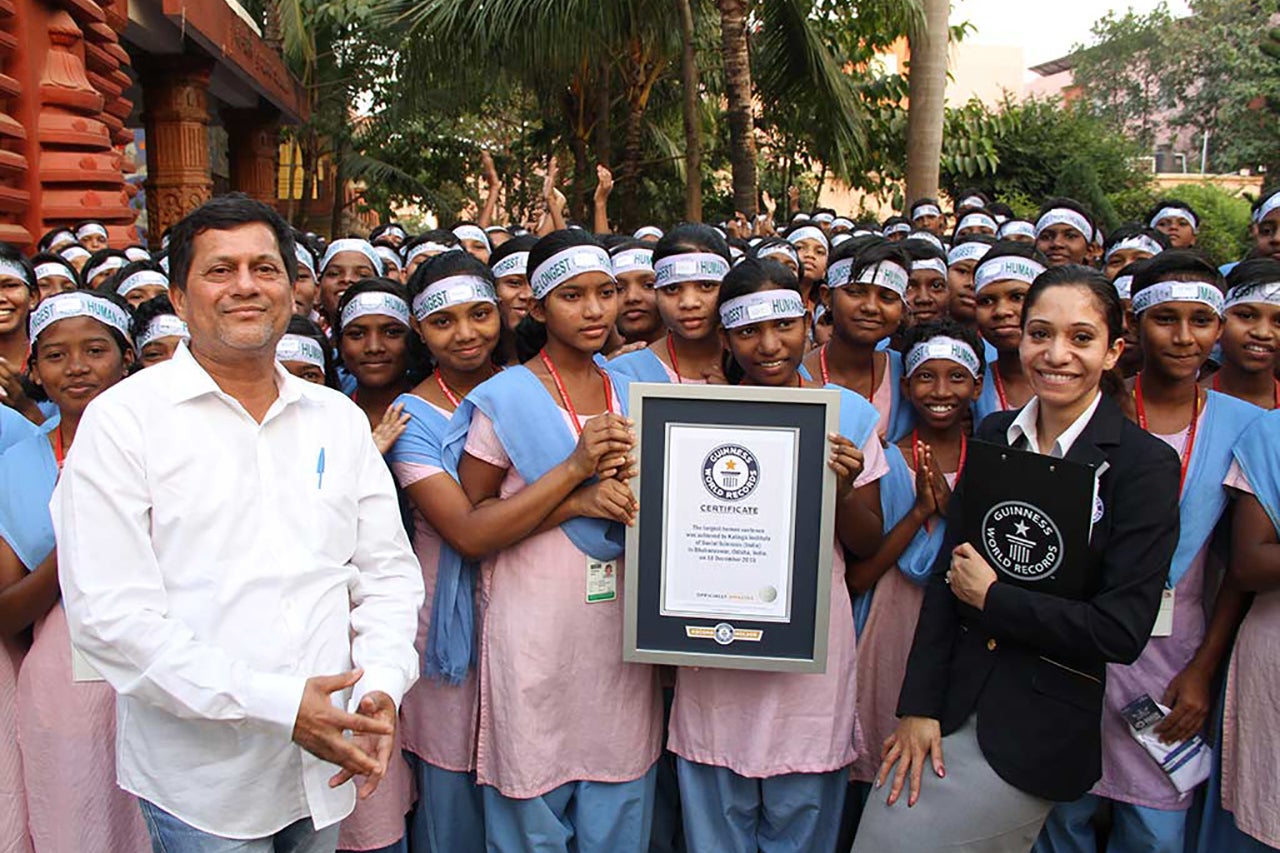It’s not at all unusual for students to study abroad with their professors. In fact, the College of Charleston’s Center for International Education offers nearly three dozen faculty-led study abroad courses during the summer. The destinations range from South Africa to Russia and the topics are equally as varied.
This summer, one particular professor is taking her students to India to offer them important perspectives on education. The notion that education can be a pivotal solution to crushing poverty will be underscored in the curriculum. But the course these students are taking – Schooling, Culture and Linguistic Sustainability in Tribal India – will also teach them that education sometimes extracts a cost.
Professor Christine Finnan, who splits her time teaching in the Department Teacher Education and the Department of Sociology and Anthropology, is guiding 12 students on a three-week immersive experience. Though the students will tour a variety of sites in India, the bulk of their time will be spent at the Kalinga Institute of Social Science in Bhubaneswar – a residential school that provides free education, room, board and medical care to more than 25,000 pupils ranging in age from 6 through 22.
Finnan says the Kalinga Institute of Social Science (KISS) is in one of India’s poorest states – Odisha – and enrolls only students from the region’s poorest families, members of indigenous tribal groups. According to the school’s website, the institution’s principal mission is to eradicate poverty and empower disadvantaged sections of society through holistic education that is designed to steer graduates toward a sustainable livelihood.
Roughly 20 percent of Odisha’s population is made up of individuals from some 62 tribal groups, says Finnan.
“Most of the students who attend KISS come from such communities, so many of them have dissimilar cultural backgrounds,” she adds. “They speak different languages, they have different religious beliefs and different practices. Accordingly, the teachers and administrators at KISS must balance the importance of the students’ own cultural heritage with the education that they offer.”
Finnan, whose background is in anthropology and education reform, is excited to expose her students to the challenges faced by the educators at KISS.
“I spent a good deal of time at KISS several years ago during my sabbatical,” she says. “It’s truly a school unlike any our students will experience elsewhere in the world. But it’s important for us to consider the impact of education across cultural lines. We need to ask, to what extent can the kids at KISS become bicultural? Spending 10 months of the year at this facility, will they retain their own language and will they end up valuing their own cultural practices? These are questions that I want our students to consider. This is very central to the question of cultural sustainability.”
Two students who are taking this course, Lauren DeFeo ’19 and Christina Perez ‘18, will be digging into such questions by way of separate research projects. Both of them were awarded Summer Undergraduate Research with Faculty grants from the College (through the Office of Undergraduate Research and Creative Activties) to support their work.
Defeo, a religious studies major, will be examining how KISS goes about preserving its students’ religious practices. And Perez, a double major in anthropology and biology, plans to study the school’s goal of creating change agents for society and what that means for the region’s natural environment.
“All of our students are in for an exceptional experience,” says Finnan. “There’s really nothing that conveys lessons as powerfully as a case study experienced firsthand. I’m excited to see what they each make of this opportunity.”





